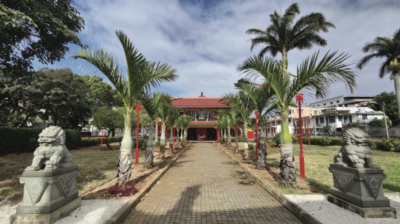'Xiculungo' revisited: Assessing the implications of PARPA II in Maputo 2007-2010
Portuguese version: 'Xiculungo' Revisitado Avaliando as Implicações do PARPA II em Maputo 2007- 2010
This report is part of a larger exercise to monitor and evaluate Mozambique’s poverty reduction strategy PARPA II (2006-2011), and focuses on continuity and change in poverty and well-being in the capital city Maputo between 2007 and 2010. The period coincides with apparently contradictory developments in which on the one hand physical and social infrastructure improved and consumption-based poverty reduced, while on the other unprecedented social uprisings occurred that involved large parts of the urban population. External ‘shocks’ in the form of price increases on basic commodities have made people feel vulnerable and powerless, exacerbated by the lack of platforms for dialogue with the government. The improvements that have taken place seem, ironically, to have brought further challenges to central and municipal government in the form of increasing demands for employment, income, social security and political accountability.






